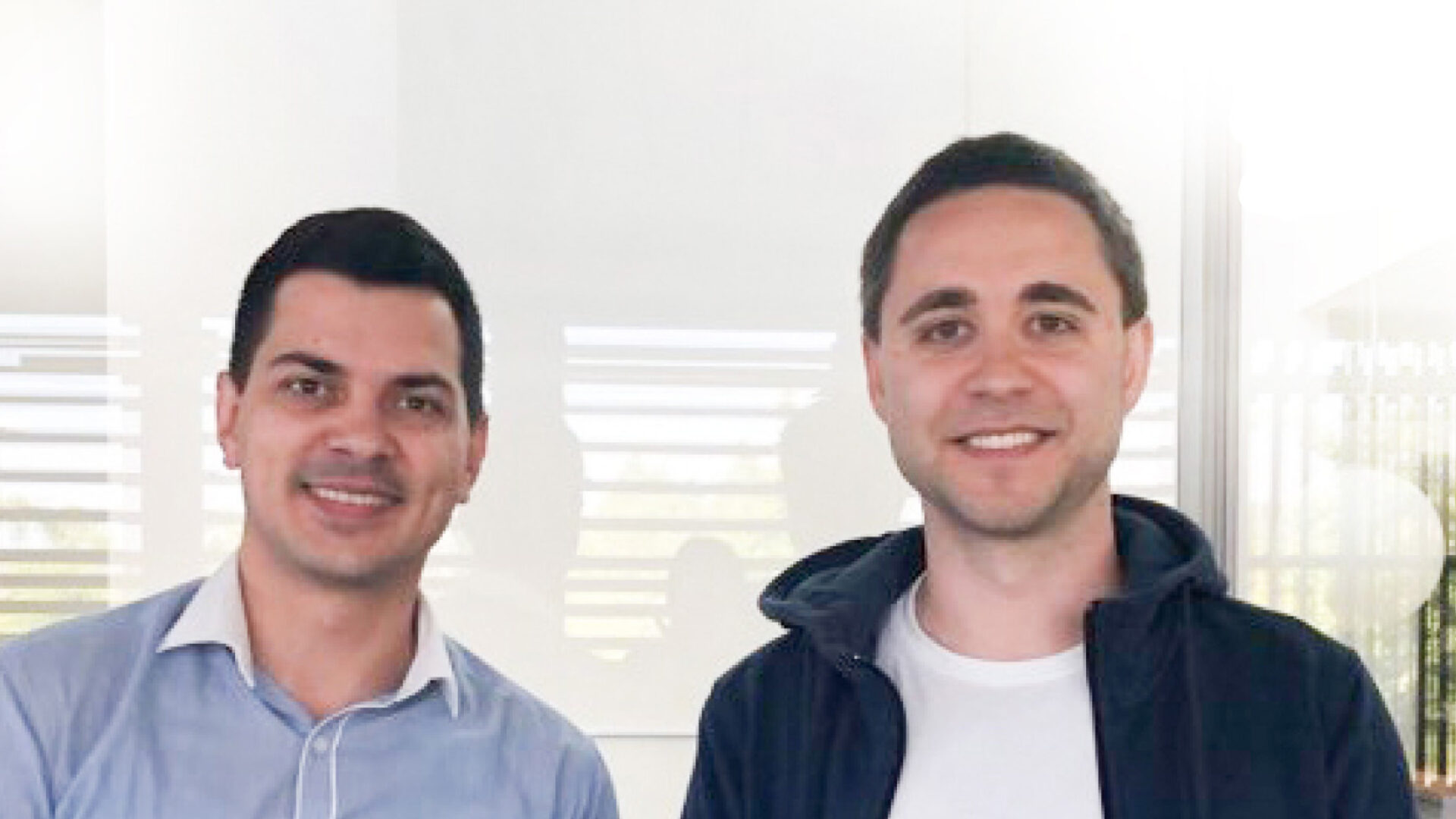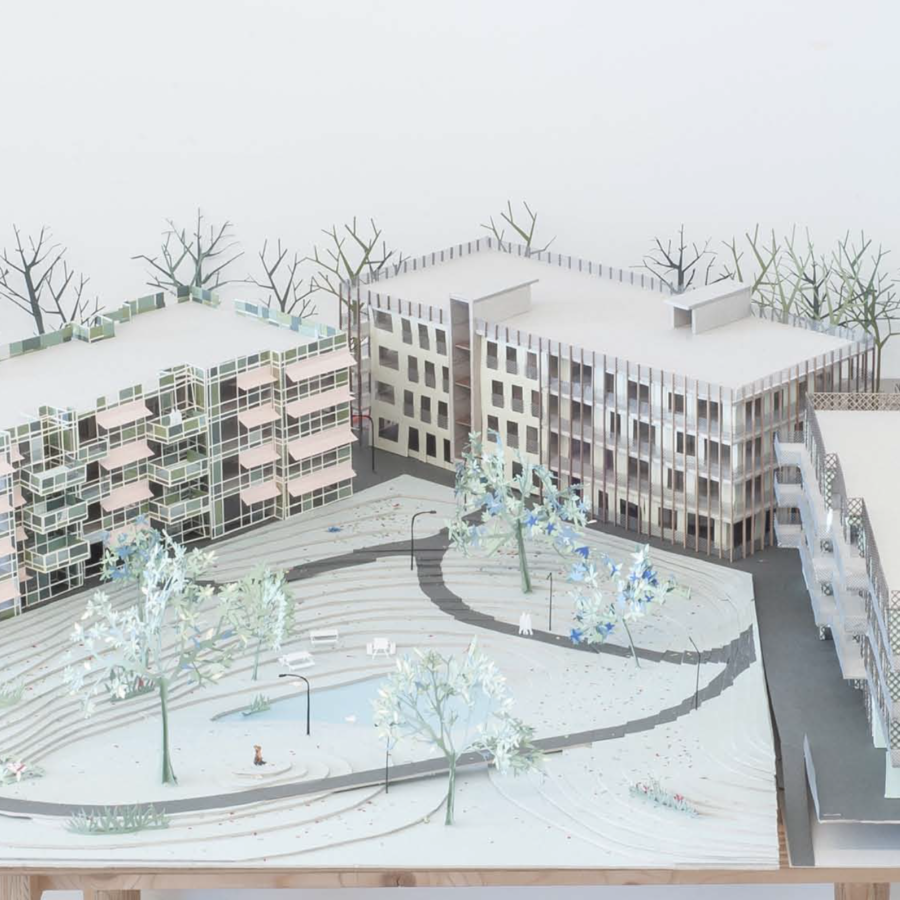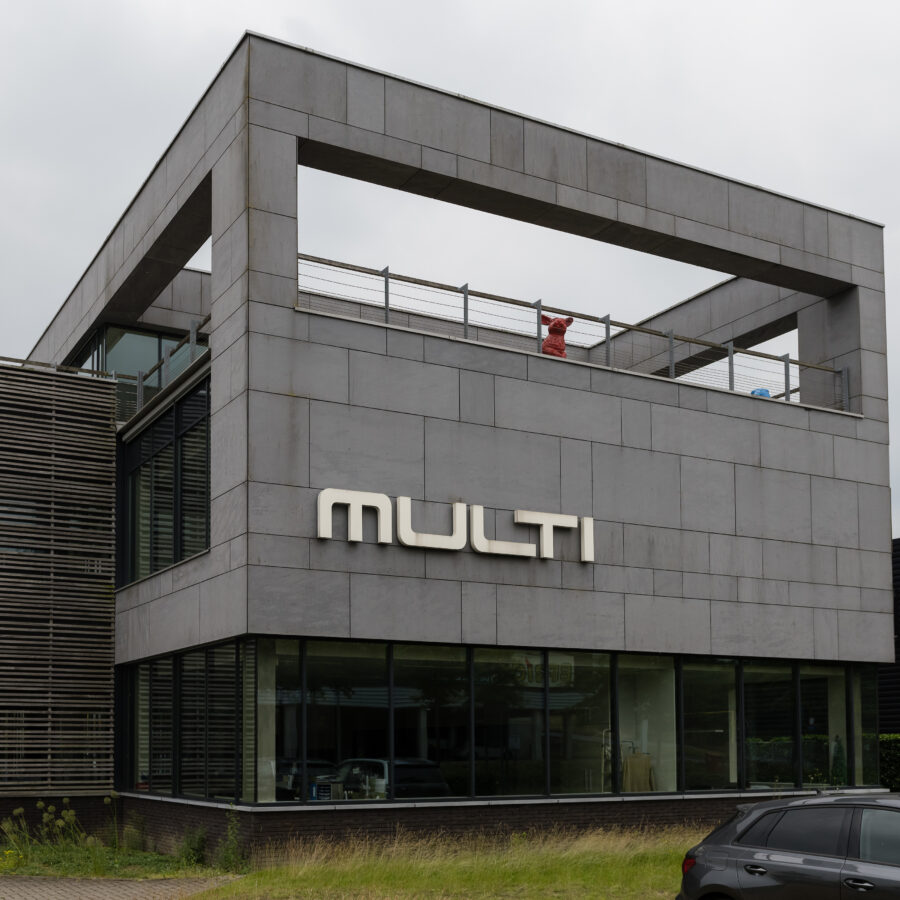
Homeland at war
Yevhen Snopyk and Stanislav Mykhailov were born, raised and educated in Mykolayiv, the historical hub of Ukrainian shipbuilding. They have been working at MULTI.engineering for several years, Yevhen as Lead Engineer and Stanislav as Assistant Design & Engineering Manager. But lately, to an unprecedented degree, their hearts have been with their hometown and the friends and family who are trying to survive amid the violence of war.
Rich shipbuilding history
Stanislav and Yevhen grew up and worked until a few years ago in Mykolayiv, a city in southern Ukraine, about 60 kilometres from the Black Sea and about the same distance from the city of Kherson, now occupied by Russian troops. In 1789, this site at the mouth of the Ingul River was designated for shipbuilding and ever since, the shipyards have been the beating heart of the city. Stanislav and Yevhen studied there at the National University of Shipbuilding and after graduating worked for MDEM (Marine Design Engineering Mykolayiv), which is part of the Damen Shipyards Group.
Belgium-Netherlands
A few years ago, when Yevhen was looking for a new professional challenge abroad, he initially thought of the Netherlands, which he knew through his job and business trips. But he was contacted by MULTI.engineering and ended up in Belgium in April 2018. In February 2020, his ex-colleague and football buddy Stanislav followed. Stanislav: "We landed in a great environment with challenging projects right from the start. A month later, with the coronavirus, an extra challenge was added."
Russian warships 'made in Ukraine'
It clearly pains Stanislav and Yevhen that their city, with its rich shipbuilding tradition, is currently being hit so hard. Yevhen: "A lot of military ships built there are still at sea around the globe. The sad irony is that these aircraft carriers and destroyers are often used by the Russian navy. One of them, their flagship the Moskva, was recently sunk.” Stanislav: “As naval engineers, we think that's a shame for the boat itself, of course, but as Ukrainians it felt like a victory over the military vessel that was constantly bombing our native land, and probably Mykolayiv in particular."
Anxiety
After a long family reunification procedure, Yevhen's wife and Stanislav's wife and two-and-a-half-year-old twins also came to Belgium before the war broke out. That's a huge relief for both of them. Stanislav: "I can't even imagine how stressful and frightening it must be to have to survive in a war zone with two small children. We are very grateful that we have found a safe home here. But on the other hand, it's still very difficult because of the worry about our family and friends there."
Yevhen's father and his wife still live in heavily besieged Mykolayiv. For now, the city remains in Ukrainian hands, but it is fully on the front line. "My father has his own carpentry company but is no longer receiving orders at the moment. His wife is a doctor and is regularly called upon to care for war victims. They are not allowed to leave the country. My mother and sister have fled the city and are now living further north." Although Stanislav began urging his mother and father to leave the country as soon as the war broke out, they refused at first because of all that they have built up there. "But after two months of constant threats, daily bombings and lack of drinkable water, my mother was so anxious and exhausted that she was constantly crying. In the end, with great difficulty, I managed to convince them to come to Belgium. Here, they can finally catch their breath again. However, many men have been left behind and 90% have lost their job. They try to keep working as volunteers and keep up morale, but the lack of prospects for the future weighs heavily."
Anger and disbelief
"In the beginning, I mainly felt tremendous anger for what is being done to my country," Yevhen says. "The hatred of the Kremlin is huge and it is hard for us to understand that so many Russians believe everything they see on TV." Stanislav: "The Russians have never known democracy and have been brainwashed for years through a highly professional propaganda machine that is generously funded. There is a lot of fear and also a sense of resignation." Yevhen: "It even goes so far that Russians often don't believe what their closest Ukrainian relatives tell them from the air raid shelters. They simply do not believe that Ukraine is being bombed, they have been brainwashed so completely. Some Russians are leaving their country in protest or trying to oppose the regime in some other way, but every protest is nipped in the bud. I honestly have no respect for all the rest who are just standing by watching or agreeing with the Russian government."
Help where you can
Meanwhile, Yevhen and Stanislav are trying to help as many of their compatriots as possible from here. I let people stay at my house, I help with translations, clothes, things like that. We are doing what we can." Stanislav agrees: "We are not soldiers. At the moment we feel we can help more from here than in our home country. Because the people who are there, above all, feel powerless. They are prepared to do anything to save our country, but they have so little impact to end this war. From here, we are offering as much financial, administrative and practical support as possible, both to compatriots who have fled and to those who have stayed there. I am now responsible for at least four families who have found shelter here in Belgium."
Heart-warming
There has been tremendous support from the Belgians around them, for which they are very grateful. The colleagues from MULTI.engineering also help where they can. Yevhen: "I was given a few days' leave to go pick my sister up at the Polish border. What's more, sheets and clothes were spontaneously collected for the Ukrainian refugees at my home. MULTI is also making a home available to a few refugee families and is prepared to receive even more people. The willingness to help is heart-warming."
Hopes and dreams
Yevhen and Stanislav of course hope that an agreement will be found very soon that will end the war, but their outlook is gloomy. "The sanctions have only a limited effect. With a massive ship like Russia, you can't simply change course and here and there we are seeing that the measures are also being circumvented. We fear that our country is heading for a frozen conflict that could drag on for many years."
If the conflict ever ends and their country is rebuilt, Stanislav and Yevhen are eager to help. "Our country will never be the same… But maybe it doesn't have to be. In an ideal world, we could reinvent Ukraine after the war and make it better than ever. As an engineer, I want to contribute to that as much as possible, but also with other skills and capabilities."



